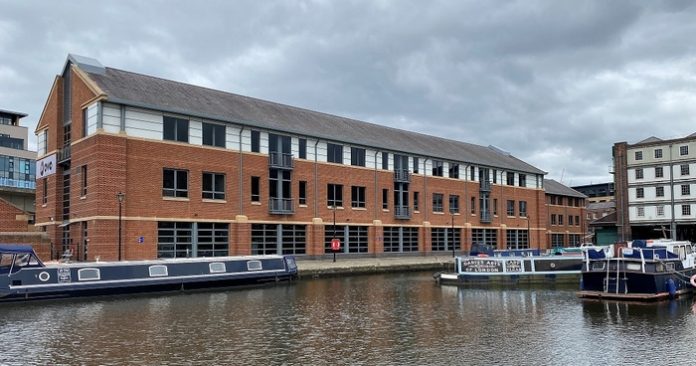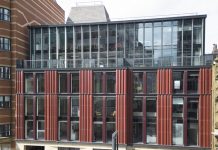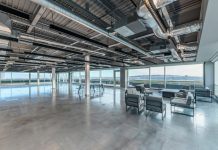SSB Law’s expansion into a 43,000 sq ft premises in Sheffield is in line with how modern law firms are now looking at their office requirements nationally says Knight Frank.
The solicitors has expanded from 8,000 sq ft at Navigation House to the much larger premises at 1 South Quay at Victoria Quays – a unique waterfront position at the Canal Basin, within the city centre.
The move supports the company’s commitment to an office base for its growing business and employee base, confirmed by research from Knight Frank’s recent Legal Services Report, which highlights that offices are still key for law firms.
The report highlighted that nationally in 2021 law firms committed to the office, took long term leases on buildings, moved to more sustainable spaces with a flight to quality to Grade A and new buildings, and have reimagined the future of the workplace with formal hybrid working models or pledges to agile/flexible working.
ESG is also a primary driver for firms with relocations concentrating on an amenity rich focus, end of trip facilities and a focus on delivering an outstanding client experience.
Peter Whiteley, head of the Sheffield office of Knight Frank, said: “The report re-assesses the trends shaping the legal services sector and in turn its real estate requirements and shows how law firms are adapting to industry disruption.
“In particular law firms cited difficulties in training and developing junior lawyers, building cultural ties and developing deeper client relationships in a fully remote working environment.
“It is clear the law firm office is being reimagined. Looking at the drivers of leasing transactions in 2021 some common themes are apparent: sustainability, health and wellbeing, flight to quality, amenity-rich, highly connected, spaces designed with new ways of working in mind and centred around collaboration, innovation, client-centricity and learning and development.
“Law firms are raising the bar on the employee workplace experience to also win the war for talent.
“They want amenity rich environments such as health and well-being facilities, either within the building or on the doorstep, with active commuting facilities and outdoor terraces being popular examples.
“Law firms intend to increase amenity provision going forward with the provision of cycle storage, healthy food and beverage options and facilities that support mental health wellbeing such as sanctuary spaces and good quality outdoor space being in the top three wants.
“There is growing evidence that a strong emphasis on ESG fundamentals enables companies to differentiate themselves, gain a competitive advantage and, therefore, accrue financial benefits. For the legal profession, new opportunities are emerging around green funding, climate litigation and climate change regulation.
How people should work going forward is also high on the agenda whether it be a hybrid model – allowing employees to work more flexibly and combine formal workplace settings such as the office with more remote environments, like the home or third-spaces that are closer to home.
“Our analysis of the UK’s top 100 law firms found that as at December 2021, 50% have announced formal hybrid working policies. Of those law firms that have announced hybrid working policies, the average expectation is that employees will be in the office between 2 to 3 days a week.
“This will have implications for the form, quantum and qualities of the legal workplace but does not mean the death of the law firm office. Law firms continue to see real estate as a device that supports and facilitates both business and social strategy. This means reimagining the workplace to support organisational priorities and new ways of working.”






















